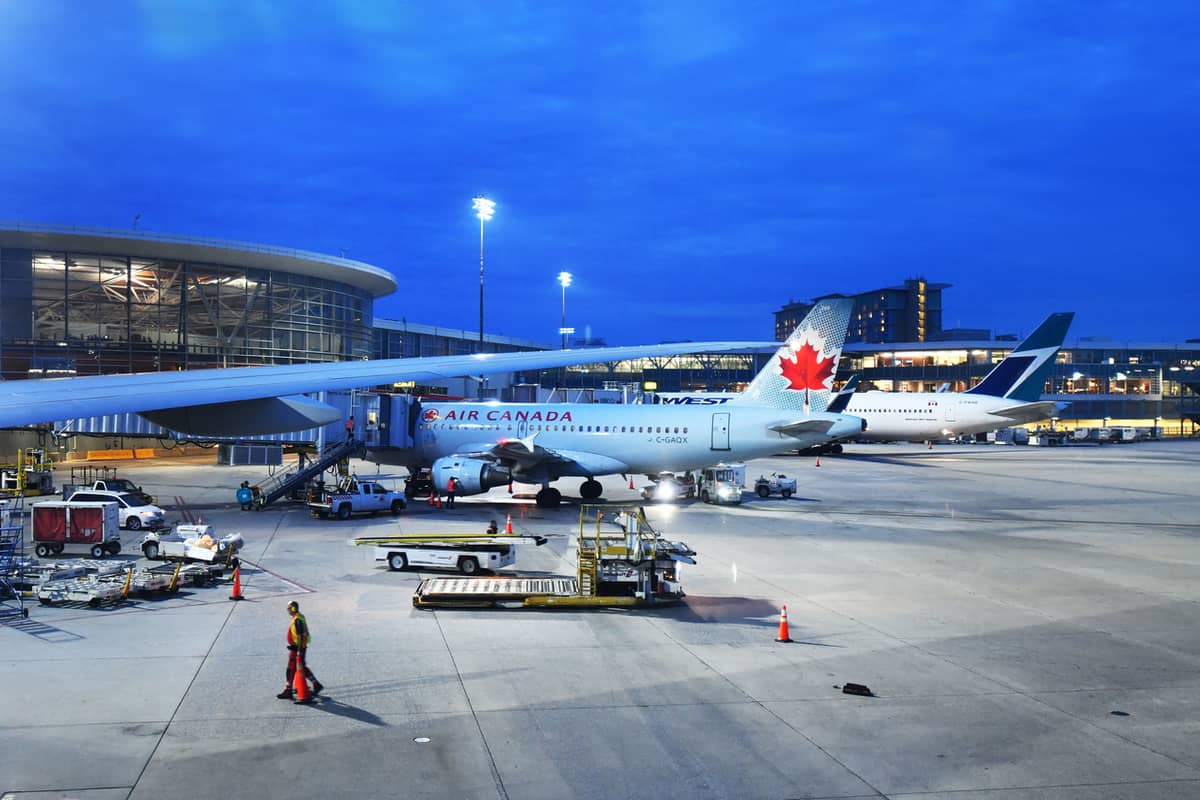The federal government announced Wednesday all existing border restrictions to enter Canada will remain in place until at least Sept. 30. That means foreign travellers will still need to provide proof of being fully vaccinated to enter the country and unvaccinated Canadians or permanent residents will need to provide a molecular Covid-19 test taken prior to entering and quarantine for 14 days upon arrival. The government is also still requiring all travellers, regardless of citizenship, to upload their vaccine information and travel documents to the ArriveCan app. The restrictions were last extended on May 31.
In addition, the pause of mandatory random testing will continue at all airports until mid-July, for travellers who qualify as fully vaccinated. The pause was put in place on June 11, 2022, and is allowing airports to focus on streamlining their operations, while the Government of Canada moves forward with its planned move of COVID-19 testing for air travellers outside of airports to select test provider stores, pharmacies, or by virtual appointment. Mandatory random testing continues at land border points of entry, with no changes. Travellers who do not qualify as fully vaccinated, unless exempt, will continue to test on Day 1 and Day 8 of their 14-day quarantine.
Moving testing outside of airports will allow Canada to adjust to increased traveller volumes while still being able to monitor and quickly respond to new variants of concern, or changes to the epidemiological situation. Border testing is an important tool in Canada’s detection and surveillance of COVID-19 and has been essential in helping us slow the spread of the virus. Data from the testing program are used to understand the current level and trends of importation of COVID-19 into Canada. Border testing also allows for the detection and identification of new COVID-19 variants of concern that could pose a significant risk to the health and safety of Canadians. In addition, this data has and continues to inform the Government of Canada’s safe easing of border measures.
All travellers must continue to use ArriveCAN (free mobile app or website) to provide mandatory travel information within 72 hours before their arrival in Canada, and/or before boarding a cruise ship destined for Canada, with few exceptions. Additional efforts are being undertaken to enhance compliance with ArriveCAN, which is already over 95% for travellers arriving by land and air combined.
Quotes
“As we move into the next phase of our COVID-19 response, it is important to remember that the pandemic is not over. We must continue to do all that we can to keep ourselves and others safe from the virus. It is also important for individuals to remain up to date with the recommended vaccinations to ensure they are adequately protected against infection, transmission, and severe complications. As we have said all along, Canada’s border measures will remain flexible and adaptable, guided by science and prudence.” The Honourable Jean-Yves Duclos, Minister of Health
“Today’s announcement would not be possible without Canadians’ continued efforts to vaccinate themselves, wear their masks, and follow public health advice while travelling. Our Government’s commitment will always be to protect passengers, employees, and their communities from the impacts of COVID-19, while keeping our transportation system strong, efficient, and resilient for the long-term.”, The Honourable Omar Alghabra, Minister of Transport
Source: Breaking Travel News






